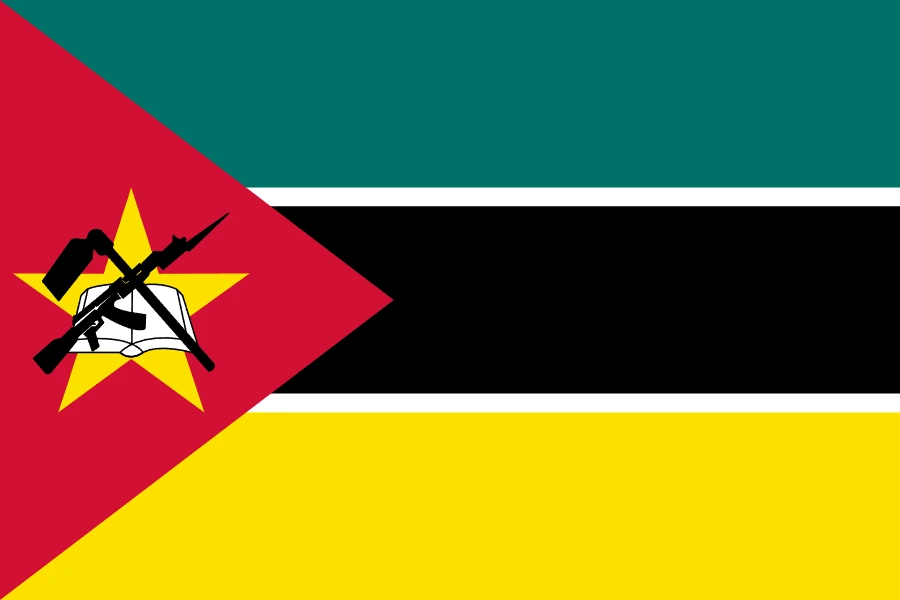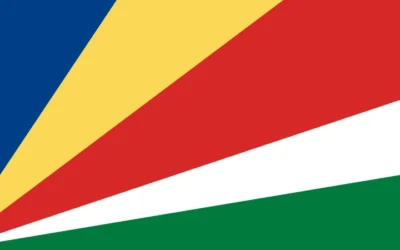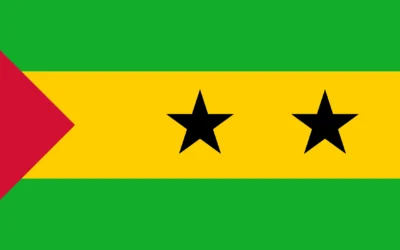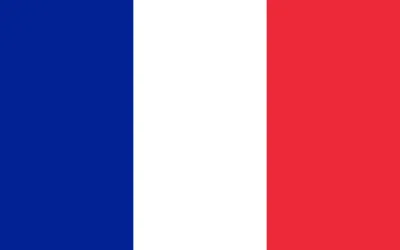Mozambique Travel Guide
Discover Why You Should Visit Mozambique
Why Visit Mozambique?
Mozambique is a coastal paradise in southeastern Africa, known for its stunning beaches, vibrant marine life, and Portuguese-influenced culture. It’s a fantastic destination for diving, island-hopping, and exploring untouched natural beauty.
With a warm and welcoming local culture and a coastline stretching over 2,400 kilometers, Mozambique is ideal for travelers looking to relax or explore somewhere off the radar.
Ideal for: Beach lovers, scuba divers, nature explorers, and cultural travelers.
Must-Know Facts
Capital/Major City: Maputo
Language(s): Portuguese (official), various Bantu languages
Currency: Mozambican Metical (MZN)
Best Time to Visit: May to November (dry season with cooler temperatures)
Fun Fact: The Bazaruto Archipelago is one of Africa’s top marine reserves, home to dugongs, dolphins, and colorful coral reefs.
Top Things to Do
Relax on the white sand beaches of Tofo, Ponta do Ouro, and Vilanculos
Scuba dive or snorkel in the Bazaruto or Quirimbas Archipelagos
Explore the historic Ilha de Moçambique, a UNESCO World Heritage Site
Visit Maputo for its colonial architecture, vibrant markets, and seafood
Sail in a traditional dhow and watch the sunset over the Indian Ocean
Local Culture & Lifestyle
Mozambican culture reflects a mix of African traditions and Portuguese colonial influence, especially in its cuisine, language, and music.
Music and dance play a key role in daily life, with genres like marrabenta and timbila gaining international attention.
Family and community are central to the culture, and hospitality is extended generously to visitors.
Food & Drink Highlights
Street Food: Grilled seafood, prego rolls, fried cassava, peri-peri chicken
Restaurants: Costa do Sol (Maputo), Zambi, Casa de Comer (Tofo)
Drinks: 2M beer, cashew wine, coconut water, fruit juices
Desserts: Doce de coco (coconut dessert), banana cake, sweet rice pudding
Main Dish & Culinary Symbols
Signature Dish: Matapa – a stew made with cassava leaves, peanuts, garlic, and coconut milk, often served with rice
Common Ingredients: Coconut, seafood, cassava, chili, maize, beans
Culinary Culture: Meals are often shared with family and served with rice or xima (maize porridge), featuring tropical and spicy flavors
Symbols & Icons of the Area
Natural Icons: Indian Ocean coast, Bazaruto and Quirimbas islands, Gorongosa National Park
Cultural Icons: Capulana fabric, traditional dhows, Portuguese-style buildings, marrabenta music
Hidden Gems & Off-the-Beaten-Path
Niassa Reserve, one of Africa’s largest protected wilderness areas
Inhambane for its colonial charm and relaxed beach vibe
Ibo Island in the Quirimbas Archipelago for historical forts and remote beauty
Shopping & Souvenirs
What to Buy: Capulana fabric, woven baskets, wood carvings, batik textiles, shell jewelry
Where to Shop: Maputo’s FEIMA market, local artisans in Tofo and Vilanculos, craft cooperatives in Inhambane
Getting Around
Public Transport: Minibuses (chapas) are common but often crowded
Car Rentals: Recommended for intercity travel and remote beaches
Tip: Domestic flights connect major cities and island destinations
Walkability: Good in small towns and tourist areas, limited in rural regions
Travel Tips
Travel insurance and vaccinations (like yellow fever and malaria prophylaxis) are strongly recommended
Portuguese is widely spoken; basic phrases help in rural areas
Cash is essential in most areas; card use is limited outside cities
Avoid travel at night due to poor road conditions and safety concerns
Where to Stay
Budget: Fatima’s Nest (Tofo), Base Backpackers (Maputo)
Mid-range: Casa Babi (Vilanculos), Casa do Capitao (Inhambane)
Luxury: Anantara Bazaruto Island Resort, White Pearl Resorts (Ponta Mamoli)
Unique: Beach eco-lodges, island villas, and traditional bungalows near the ocean
Sample 4-Day Itinerary
Day 1: Arrive in Maputo, explore the Central Market, Fortaleza, and enjoy seafood on the coast
Day 2: Fly or drive to Vilanculos, relax on the beach and enjoy a dhow cruise
Day 3: Take a boat trip to Bazaruto Island for snorkeling or diving
Day 4: Return to Maputo or continue to Tofo for beach time and cultural experiences






0 Comments